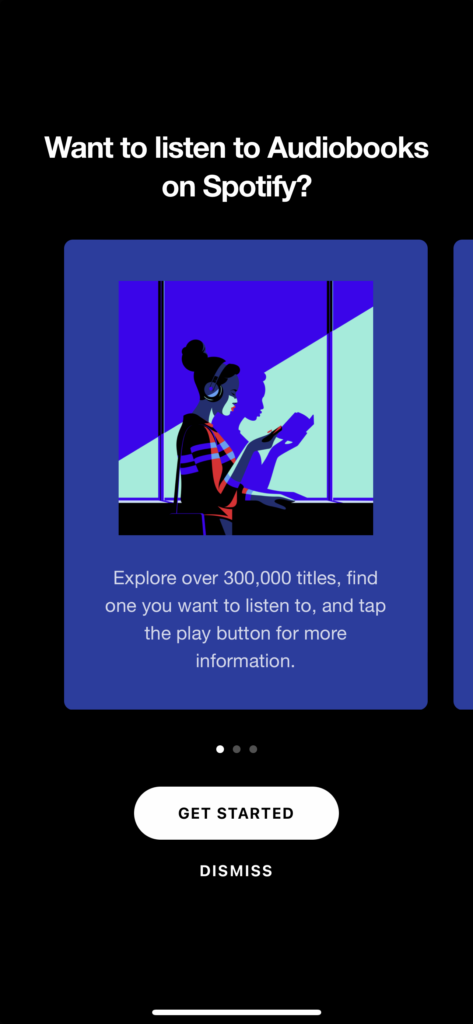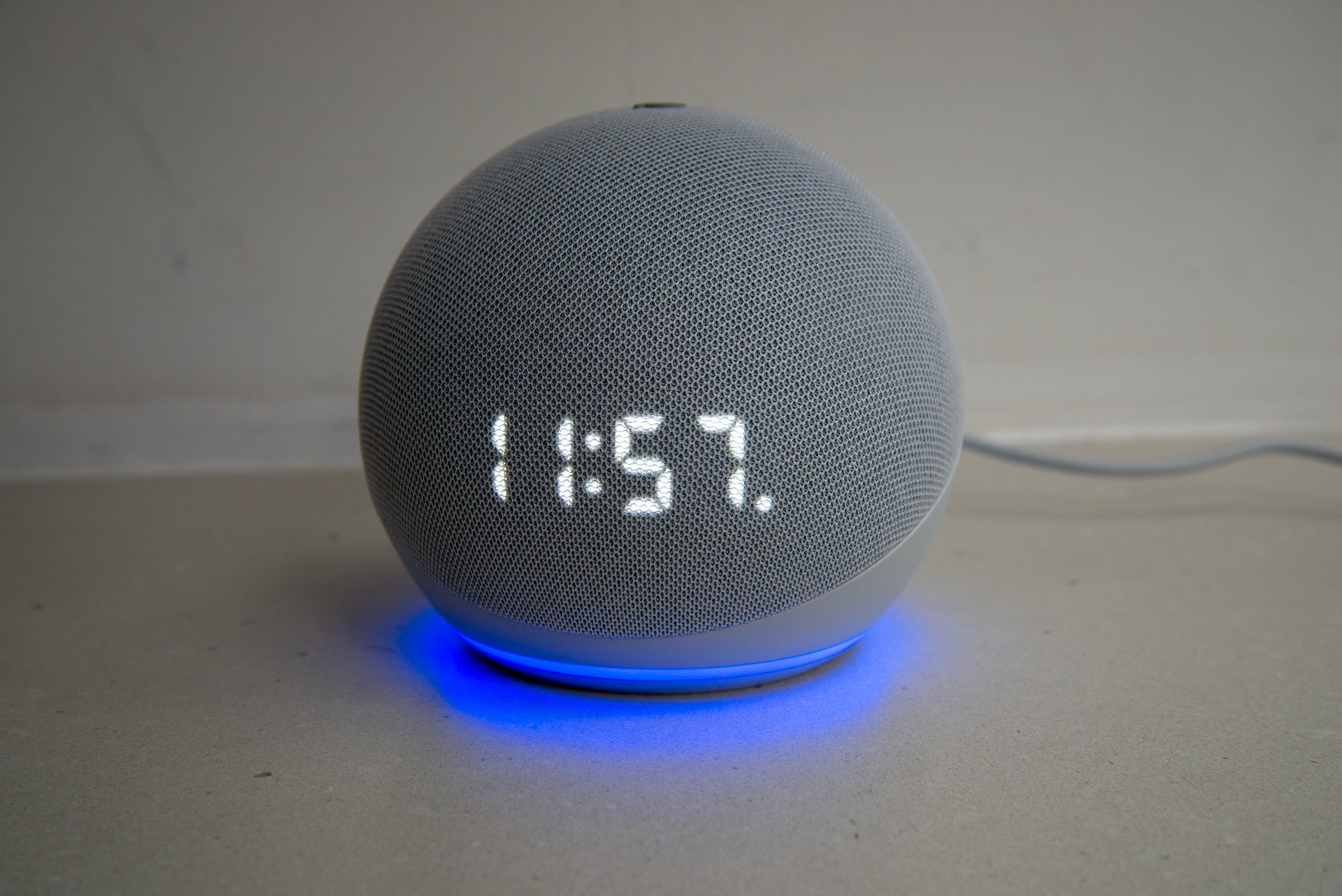Spotify spamming users with intrusive audiobook ads is a step too far

OPINION: Spotify was pushing it with podcasts. Now it’s spamming users with audiobook ads. The music app we loved is dead and it’s not coming back.
Late last month Spotify announced it was further diluting its singular, very cluttered app with the addition of audiobooks. Now the company is spamming users with notifications when they open the app seeking unfiltered access to the tunes they pay for.
“Want to listen to Audiobooks on Spotify?” read the notification I received on Wednesday. No, lads. I don’t. Because Spotify is my music app, you see. The ad informed me that I could explore 300,0000 titles, find one I wanted to listen to, and tap the play button for information about how I can buy it. That’s beyond the $16 a month I pay for the family plan that has more recently been contributing to Joe Rogan‘s Covid misinformation streams, and Meghan Markle’s bank balance.
Even today, Spotify is announcing that subscribers’ cash is being spent on services that can detect the harmful content and misinformation loitering within its podcasts. I’d rather it be spent on securing the MIA Hi-Fi music option it has been promising for well over a year now.
Yes, I could dismiss today’s audiobooks notifications and hear no more of it, for now. However, it’s another annoyance, and the latest barrier to music that has me ever-flirting with leaving Spotify for good.

I don’t begrudge Spotify broadening its operations beyond music, but don’t do it on my time, and don’t do it on my dime. A redesigned home feed announced in August offered music fans some respite from those podcasts, and it seemed Spotify had listened to the complaints from music fans. But here we are again.
Why can’t it do what everyone else does and launch separate apps for Podcasts and Books? And just let music fans enjoy their subscription without the clutter and interruption within the main app?
Unfortunately, Spotify has zero intention of doing this. In fact, it is doubling down on this notion of a singular catch-all audio app. Last month, the blog announcing the addition of audiobooks called Spotify “the home for all the audio you love.” It added: “We’ve always believed that the potential for audio is limitless, and we’ve been saying for a while now that our ambition is to be the complete package for everyone’s listening needs.”
“Starting today, users in the US can easily find audiobooks on Spotify alongside music and podcasts as a section in their library, in search, and in their curated recommendations on Home.”
Spotify justifies this by saying it provides an opportunity for people to get into audiobooks, who otherwise wouldn’t have thought to give them a try. This is insincere. It is simply seeking a new revenue stream and isn’t bold or confident enough to make a mark in the sector without mithering their existing customers. Or, the company is just assuming people will fold and just buy them here out of convenience. Either way, enough already.
For many users, books will literally be the last thing they wish to see in their curated recommendations, having already spent time wading through podcasts. Even after dismissing the ad, I’m afraid to even tap the audiobooks tab by accident, in case the company sees it as an invitation to continue spamming.
“Just leave then” will be the cry in response. “Vote with your wallet.” But therein lies the other problem. Spotify Music users like myself have invested almost 15 years of money and personal data into this company. The reward for that long investment is the recommendations engine that surfaces new and existing music in line with my tastes. It might be Spotify’s smart use of the data that surfaces these recommendations, but it’s mine and I’ve paid for it.
Why should I sacrifice all that now just because Spotify is ruining my go-to app for music? Why should I start all over again with another music service? Why should the other users of my Spotify Family plan do the same just because Spotify is getting greedy and doesn’t have the stones to properly forge its own path without sacrificing music?





